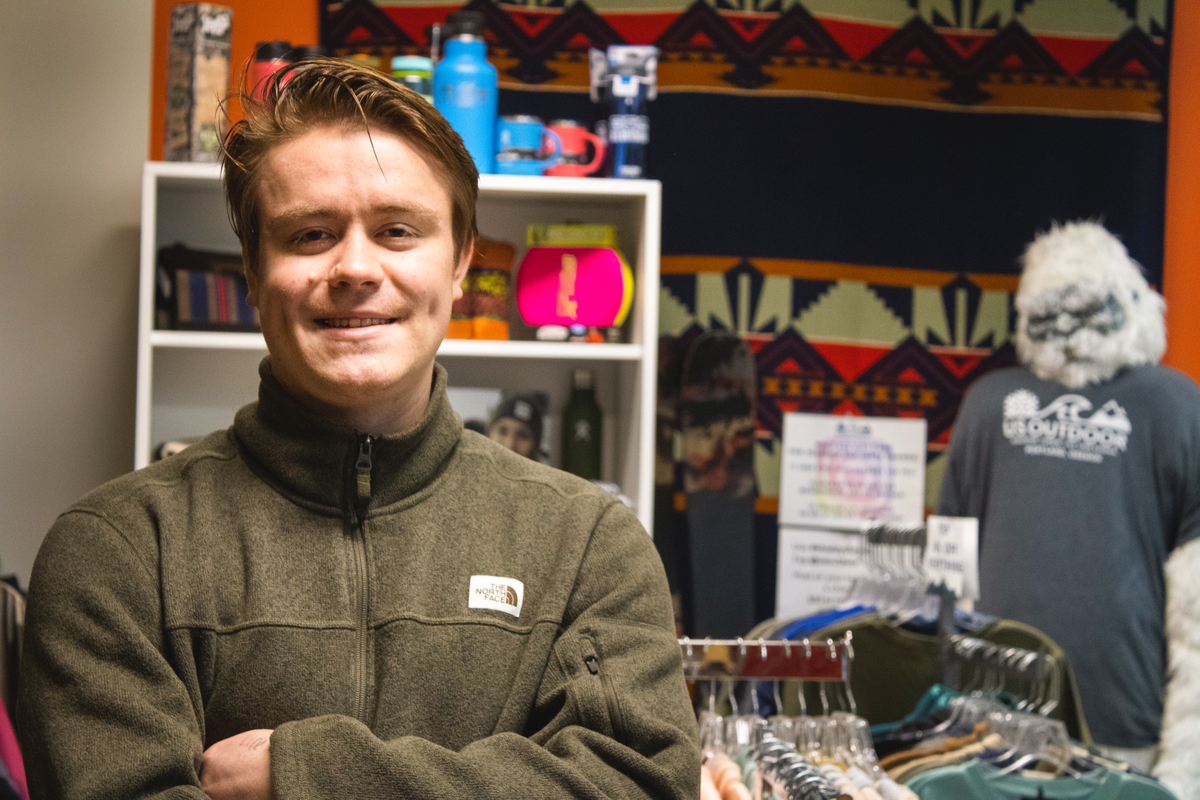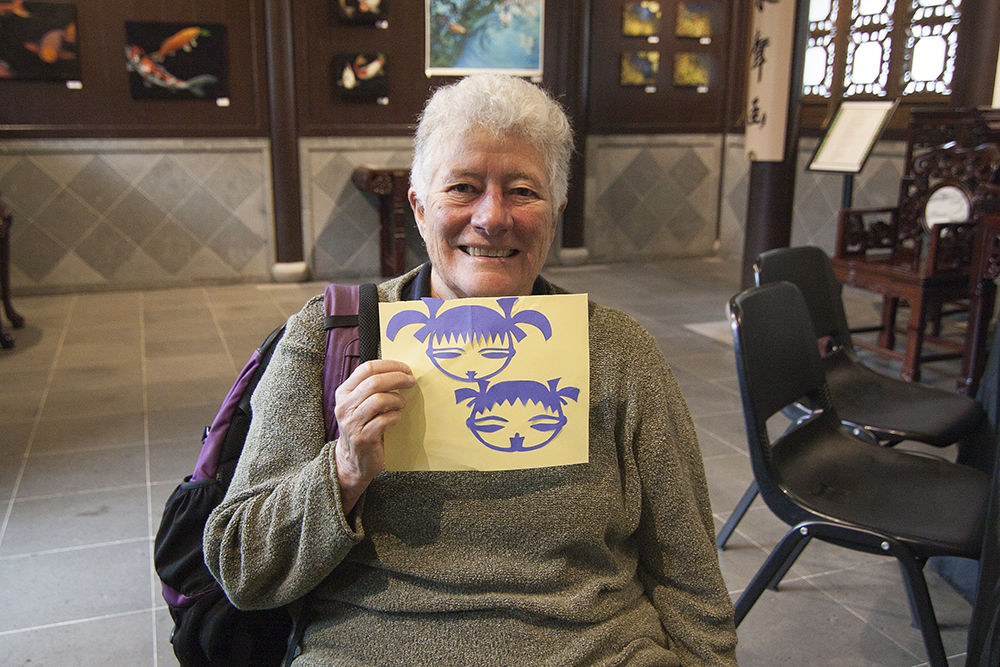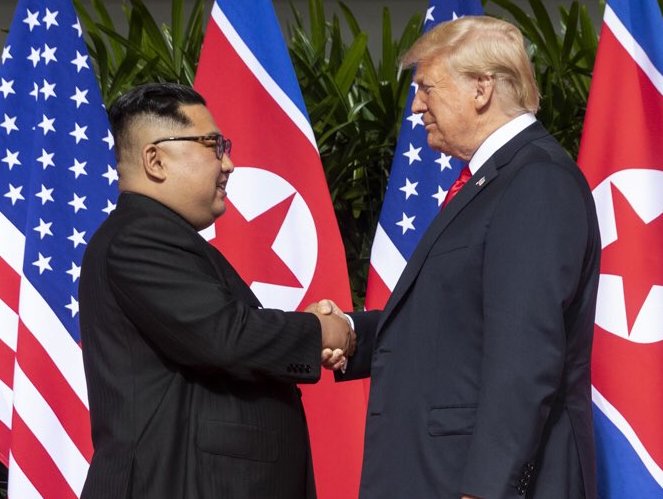Jan. 14 Tarragona, Spain: Following an explosion at a petrochemical factory, shock waves were felt for several miles. As of Jan. 15, the death toll of the explosion and the fire that followed had risen to three, including one man whose house collapsed after a sheet of metal weighing at least one ton hit his house. The New York Times reported that officials blocked roads and ordered residents to stay inside for three hours after the explosion but have since issued a statement claiming no harmful chemicals were released in the incident. Officials are investigating the cause of the explosion but suspect it was likely a chemical accident, according to BBC.
Jan. 15 Riyadh, Saudi Arabia: Princess Haifa al-Mogrin has been confirmed as the permanent representative of Saudi Arabia for the United Nations’ Educational, Scientific and Cultural Organization. It is unusual for the country to appoint female representatives to high-ranking positions, but the government says the move is a part of the Kingdom’s Vision 2030, which seeks to modernize the country and empower women, according to The Saudi Gazette. Al-Mogrin is the official replacement for Dr. Ibrahim al-Balawi, who was removed from the position by Saudi Arabia in 2017.
Jan. 15 Ankara, Turkey: The Official Gazette, the official publication of the Turkish Constitutional Court, released a detailed ruling on the Wikipedia-ban case, and a judge formally lifted the ban on the website on Jan. 15. The ban on Wikipedia was installed in April 2017 when the Turkish government accused the organization of hosting a “smear campaign” against the country, according to Al Jazeera. The Constitutional Court heard the case in December 2019, but the 10-6 majority decision to lift the block was not made official until its publication in The Official Gazette. Some people in Ankara and Istanbul reported having access to the website restored on Jan. 15, and the government is expected to allow other areas access soon, according to Voice of America.
Jan. 17 Jamundí, Colombia: An armed group suspected to have a connection to drug trafficking threw explosives into three cars driving on the highway on Jan. 17, killing all five farmers in the vehicles. According to TeleSUR, the area of Jamundi is a popular spot for growing illegal crops such as coca, the plant used in the creation of cocaine. Some estimates say at least 1,000 hectares, or 2,471 acres, are used to grow illegal crops. The group of attackers have not claimed responsibility and have not yet been detained by authorities.
Jan. 19 Vejprty, Czech Republic: A home for the disabled and mentally ill caught fire and killed eight residents, injuring an additional 30 more. Several of the injured are in critical condition, and authorities believe the majority of those killed died from smoke inhalation. When Czech officials could not use helicopters due to bad weather, German emergency rescue teams crossed the border to help with the rescue operation. Officials have not yet determined what caused the fire but have reported that it is the second deadliest fire in the country in the last 30 years. Czech Prime Minister Andrej Babis tweeted his condolences to the families of the victims soon after the fire, calling the incident “a terrible tragedy.”
Jan. 19 Marib, Yemen: A missile and drone attack on a military training base camp in Yemen resulted in the deaths of at least 73, with the death toll expected to rise, as several of those who were injured are in critical condition. A mosque near the center of the camp where many were performing prayers was the main target of the attack, according to BBC. Authorities have blamed Houthi rebels for the attack, and President Abd-Rabbu Mansour Hadi believes the attack “confirms without a doubt that the Houthis have no desire for peace,” according to Al Jazeera. Despite the accusations, the Houthi rebels have not claimed responsibility for the incident.






